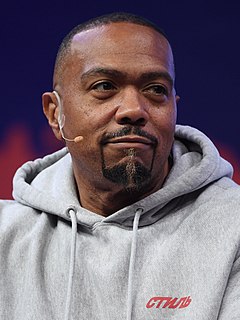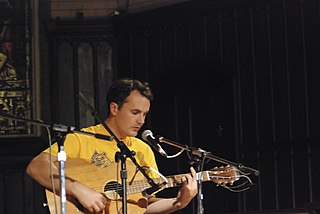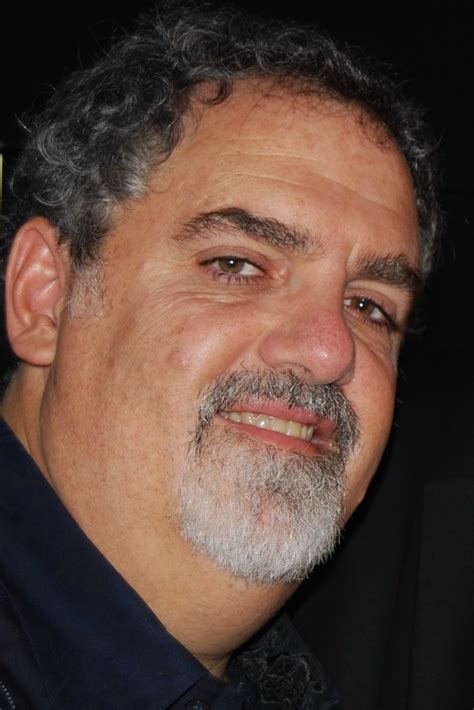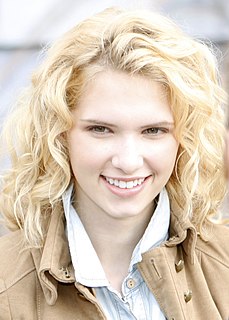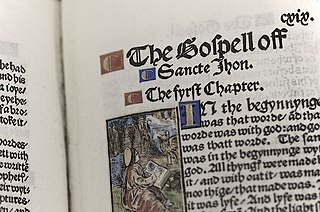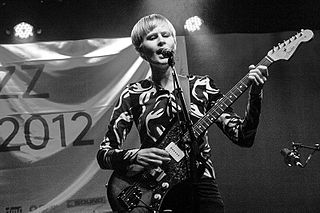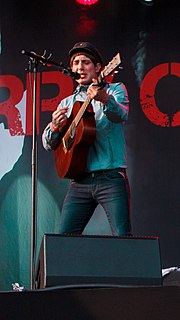A Quote by Timbaland
I'm making music the way I would have done before modern equipment and music recording.
Related Quotes
I wouldn't have known when I was a teenager that when I was coming up to being a sixty-year-old woman that I'd be making music, I'd be recording music, talking about music, and incorporating my views on the world into the music-making. So it's a very rarefied place to be, and I'm very grateful for that.
I'm from Louisiana, and that's where I got my start, in Cajun music. There's a huge music scene down there centered around our culture. Those are people that are not making music for a living. They are making music for the fun of it. And I think that's the best way I could have been introduced to music.
The modern recording studio, with its well-trained engineers, 24-track machines and shiny new recording consoles, encourages the artist to get involved with sound. And there have always been artists who could make the equipment serve their needs in a highly personal way - I would single out the Beatles, Phil Spector, the Beach Boys and Thom Bell.
One song isn't going to ever change things, but I suppose it's the accumulation of music generally [that is]. If you can imagine a world that has no music in it, it would be a very different world, so music does change the world by virtue of all the music in it. Cumulative music of every kind, from banging a drum to playing a flute or recording symphonies, or singing 'War, what is it good for?' All those things change the whole way we live.
For me, reggae music and its aesthetic are touchstones in both simple and complex ways. Reggae's capacity to be a folk music that is created in a wholly modern context of the recording studio (and sometimes that is the sole performance space) is riddled with the kinds of contradictory impulses that we have come to expect from the post-modern. I revel in this, for it gives me, shall I say, permission.
